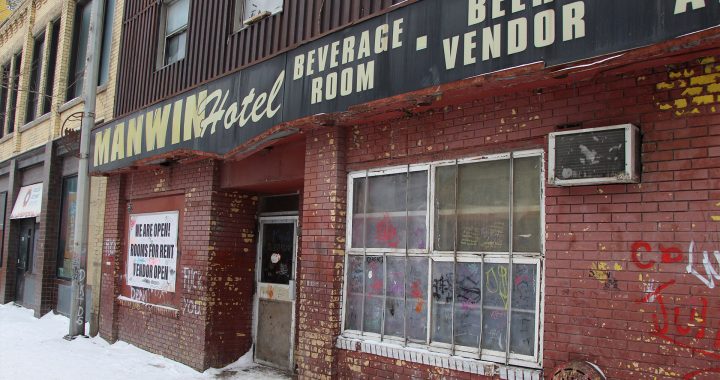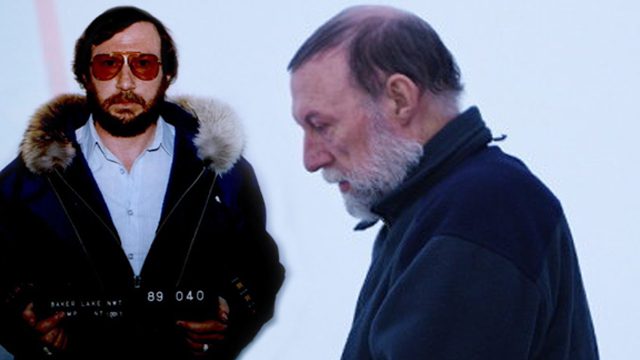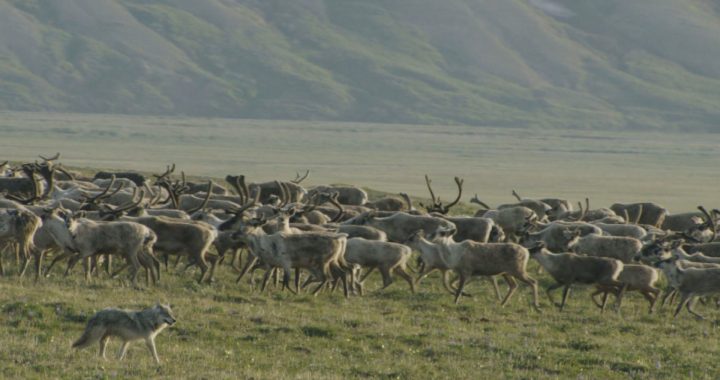APTN News
A communication disconnect between northern and southern services has left many Indigenous families struggling to find information about missing and murdered loved ones, a national inquiry heard this week.
“We’re hearing about the impact of geographical isolation on people all across North America, but particularly people in the North,” said Marion Buller, chief commissioner for the National Inquiry into Missing and Murdered Indigenous Women and Girls, on Friday.
“I think just about every location we’ve been to we’ve heard about the difficulties people have had with obtaining services when they live in remote areas. Medical services, educational, housing, just basic things we all take for granted south of 60.”
A total of 82 survivors and family members testified privately and publicly during five days of hearings in Montreal, some from as far north as Nunavik and Val d’Or, Que.
Earlier this week, an Inuit family from Inukjuak told the inquiry they felt lost when they came to Montreal to look for their relative, Alacie Nowyakallak, who went missing in 1994. Her body was later found in the St. Lawrence River.
“There are so many systems to have to navigate when you come from a small community and then you have to go to many different buildings to get your needs met,” said Commissioner Qajaq Robinson. “In a big city, it’s quite complex.”
She said commissioners have heard many stories of communication breakdowns – or a complete lack of communication – between hospitals and police forces.
“A family’s ability in the North to get something from southern police forces, southern hospitals is impossible and incredibly upsetting and, in some cases, causes a tremendous amount of trauma and confusion,” she said, adding she’s even heard of this happening “in urban areas where you have police forces that are literally across the bridge from each other.”
One woman from Pikogan, near Amos, Que., testified that her family struggled to find information about her two siblings, who vanished from a hospital in the 1950s. The children had been transferred to another hospital more than 800 kilometres away.
With extra time and federal funding, the commissioners say they will be able to take the inquiry to more remote regions, including Nunavik. They have asked for a two-year extension and $50 million more, but are still waiting on a response.
The Trudeau government has said it’s reviewing the request.










